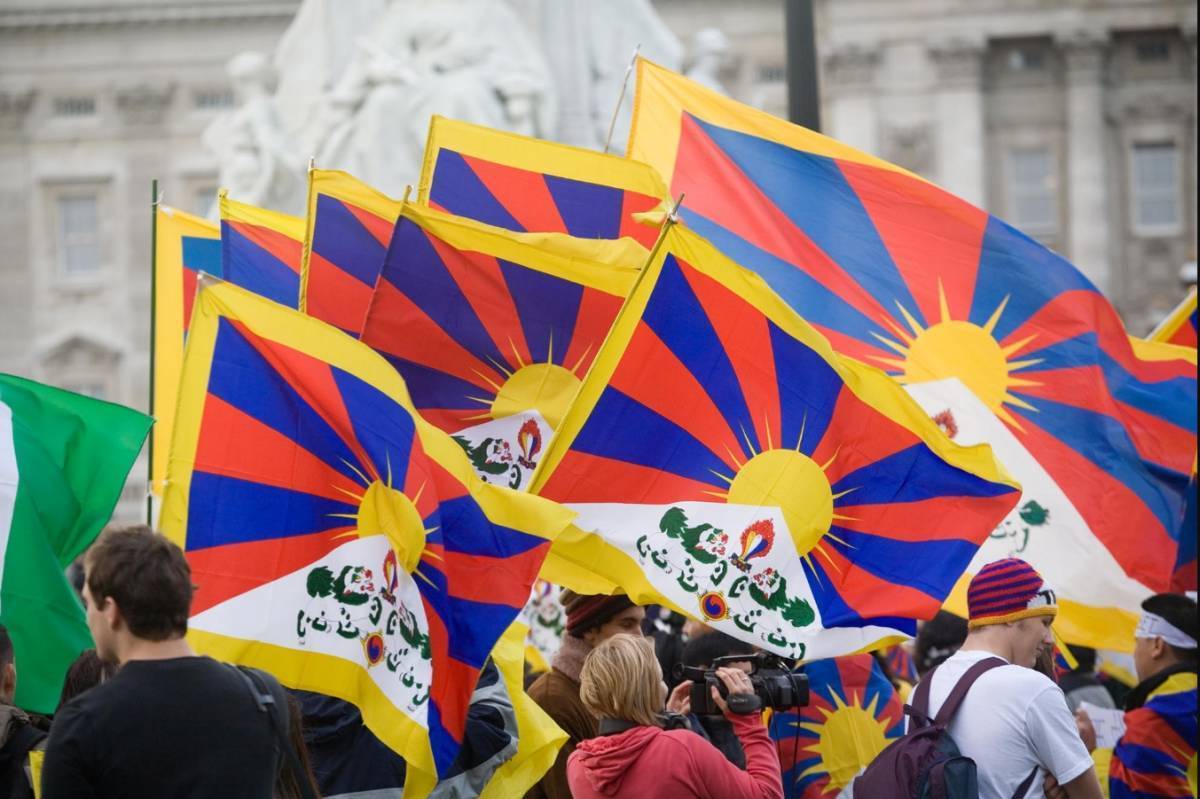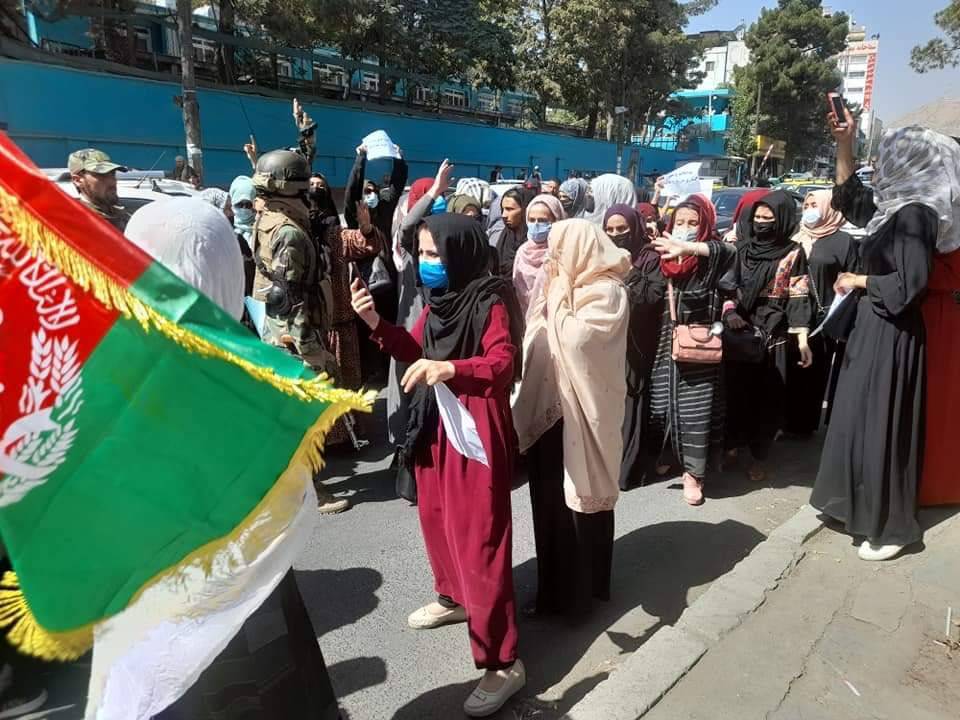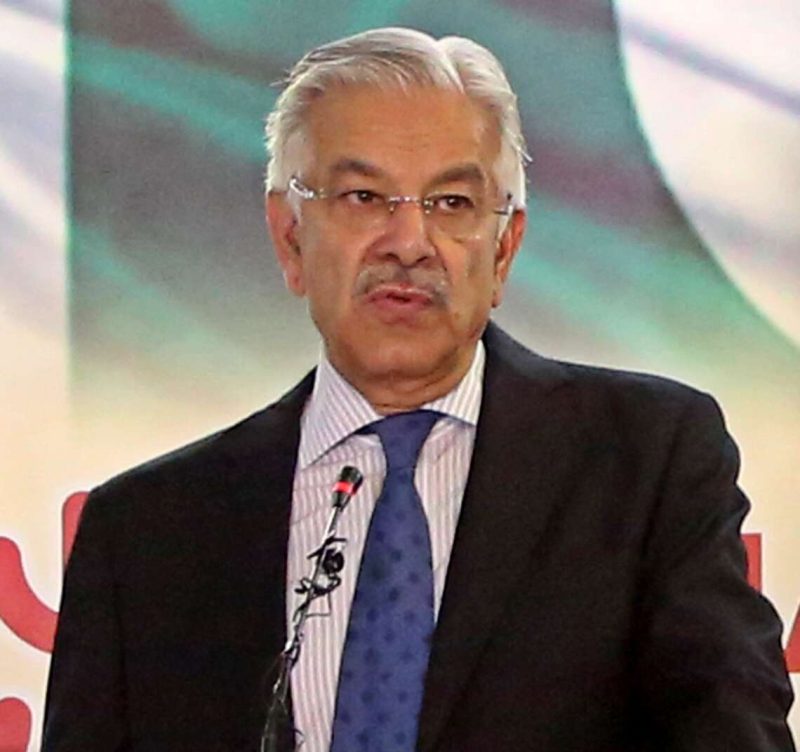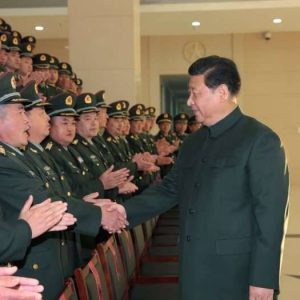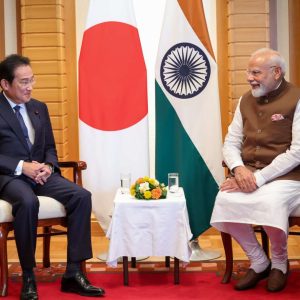Tibetan activists fear that China’s recent move can lead to the extinction of the Tibetan language in the regions – and could endanger its viability across the country….reports Asian Lite News
China has banned the teaching and use of the Tibetan language at elementary and middle schools in two Tibetan-populated regions in southwestern China, sources inside the country said. China now requires all instruction to be in Mandarin, Radio Free Asia (RFA) reported.
Radio Free Asia is a US government-funded private non-profit corporation operating a news service that broadcasts radio programs and publishes online news.
Tibetan activists fear that China’s recent move can lead to the extinction of the Tibetan language in the regions – and could endanger its viability across the country.
The ban has been ordered in government-run schools in Kardze Tibetan Autonomous Prefecture and Ngaba Tibetan Autonomous Prefecture in Sichuan Province, starting with the fall semester that began in September, a Tibetan source said, as per RFA.
The source said that middle school students currently enrolled can finish the next two years of studies in Tibetan, but starting in 2025, all classes will be held in Mandarin, the person said.
State-run schools in the region taught Tibetan language classes to students and subjects including mathematics, science, physics, geography, history and social studies were conducted in Tibetan. Mandarin was also taught as a language course.
The Chinese government has now expedited the teaching of all school subjects in Mandarin in schools in the 12 counties comprising Ngaba Tibetan Autonomous Prefecture in what it said was an effort to raise education standards, teachers and parents of students said.
The recent ban is part of China’s wider “Sinicization” program that has also restricted the language and culture of Uyghurs and other minorities in China – despite protections in China’s Constitution that permit minority groups to use their own language in their own regions.
A person who declined to be identified out of concern for their safety said, “On the pretext of the government’s program, China is trying to completely wipe out the Tibetan language.”
“China’s use of soft atrocities, instead of forcible measures, is leading to the complete annihilation of Tibetan society and education, with no scope for revival,” the source said, as per RFA.
Radio Free Asia could not reach the education departments of Ngaba and Kardze for comment.
Tibetan is widely spoken not just in the Tibetan Autonomous Region in the far western part of China but also in neighbouring parts of the country with large Tibetan populations. For example, about 90 per cent of Karze prefecture’s one million inhabitants are Tibetan.
The ban reverses previous moves to promote the Tibetan language in the region.
Under the Karze Area Tibetan Language Regulation adopted in 2015, special emphasis was put on the formation of a Tibetan language task force in the Tibet Autonomous Region, with the promotion of Tibetan-language teaching in schools considered important, according to RFA. (ANI)


